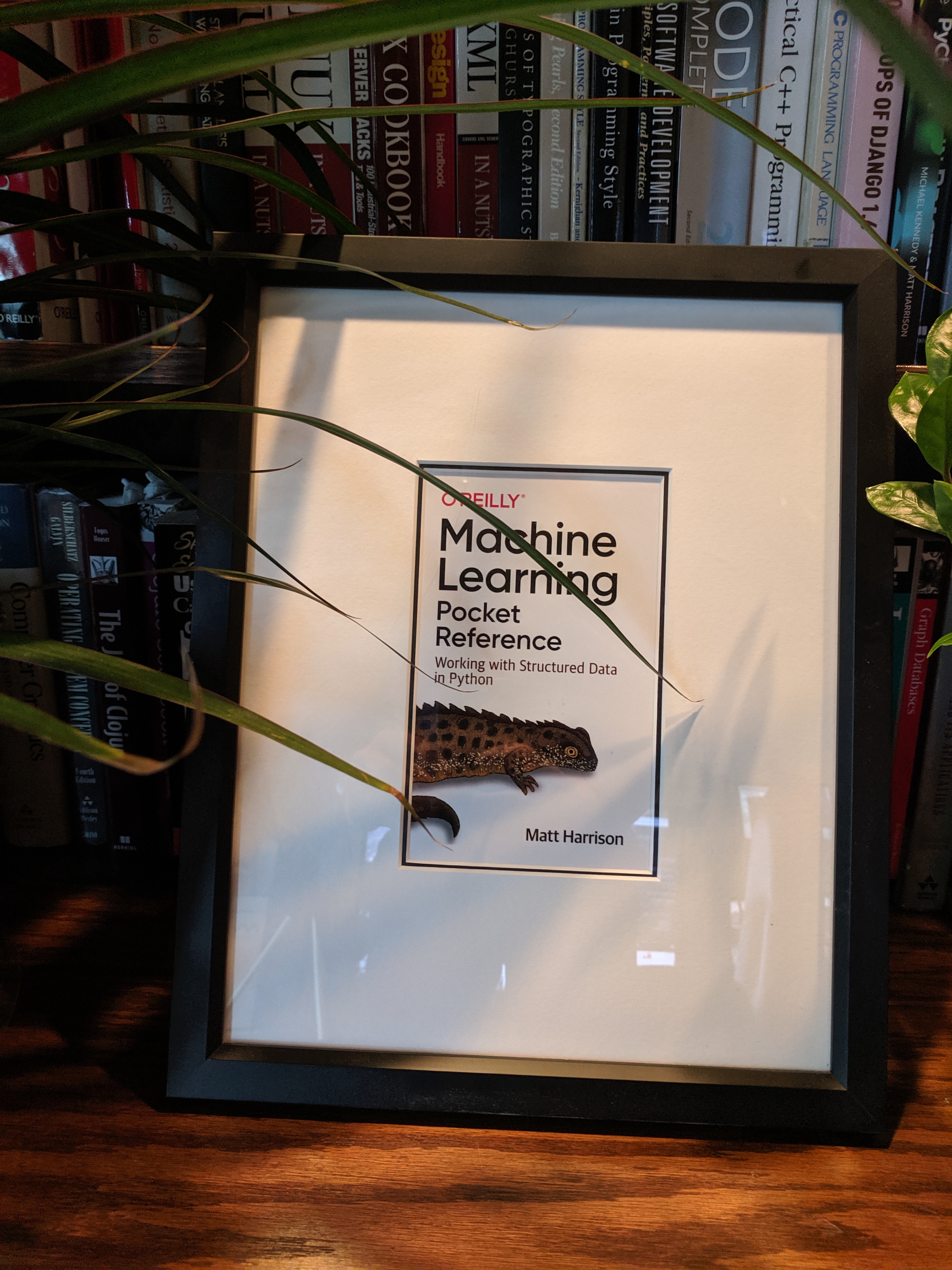The New Business Card
I never considered myself an author. But after answering many one-off calls asking for advice on book writing and realizing that I have published over a dozen books on Amazon, I guess I should admit it. I am an author!

Authoring has never been easier. Let's chat about some of the reasons for writing a book and see if they might resonate with you.
Note: I'm specifically talking about writing a non-fiction technical book. I've yet to tackle fiction (other than publishing a book of short stories from a book writing class I taught at the local elementary school.)
Lend me your ears and I'll sing you a song
Is there a story inside of you? I just said that I was not referring to fiction, so what does this even mean?
I started my writing journey after preparing and delivering a half-day Python tutorial. I was very excited about the tutorial's content and felt that it was "the tutorial that I wanted when I was learning Python." The tutorial feedback was extremely positive, and the tutorial had been accepted to be offered at another conference.
Rather than just rewriting my slides in preparation for the upcoming conference, I figured why not take this awesome content and turn it into a book? It should not be too hard, plus I had three months before the conference, so this would allow me to double-down and learn the material inside out.
Long story short, it took a bit more than three months to write the book, but this effort became the first version of what is now Illustrated Guide to Python 3. And this kickstarted my path as an author.
This seems to be a common occurrence. A (lead) engineer gets asked what resources they would recommend for ... and they come up empty. There are no good resources (or bikesheds that are their favorite color). So they set out to create their own. I have interviewed many authors who had this experience. They set out to create the resource they desired.
Recognition
After I published my book, I didn't want to make too much noise about it; because technical people realize that the value is in the product not the marketing or sales (how wrong I was).
Then I had the coolest experience, I was walking down the hallway at work, and a colleague approached me and said, "Hey, aren't you the author of Treading On Python?". I was dumbfounded. Without any mention on my part, the Amazon sales engine sold a book to someone who worked a few cubicles away from me. That felt awesome. But even better was that they had high praise for the book. Recognition is something that everyone craves.
Many potential authors want this recognition. Perhaps it can be better described as the author wants a "book with an animal on the cover" (along with their name).

I'm guilty of that. I have a framed copy of my book with a northern crested newt on the cover. (I wish it were a short-horned lizard, but I digress). This work has since been translated into seven languages and distributed around the world.
That experience of serendipitous recognition has been repeated over the years. I don't have a paparazzi following me, but...
Hustle
Recognition opens doors.
Many authors (or would-be authors) are interested in "the hustle." This could be looking for side gigs, augmenting income, looking for a better job, or starting consulting.
Book writing is an excellent business card.
One of my author friends, Mark Beckner, put it this way in his book The Coder's Path to Wealth and Independence:
If you publish intelligently, your business will be transformed. If you write with the intention that your publication will create unexpected opportunities, it will enable you to move to a new level in your business.
I have found this to be true. And I know and have spoken with many other authors who had this experience.
It is well known that the process of writing helps you to understand a subject better. You have literally written the book on the subject. With self-publishing (or even purchasing bulk copies from your publisher), you can use your book as a cost-effective business card booster. (In the current Covid-19 climate, this is a little harder. I have a bookshelf of books I meant to deliver to (potential) clients this year at conferences.)
This opens the doors to opportunities that would not come your way even if you were an expert in said technology.
Part of the hustle is money. While I know many authors who have sold six figures worth of books, these tend to be outliers. However, many authors I know have indicated that though they earned minimum wage from the writing, they have indirectly profited much more after the book from side gigs, job opportunities, and more.
Taking the Plunge
Having said this, writing a book is a marathon. Many have sprinted out of the gate only to fail. (I've been approached by a few publishers to "become a second author" on an in-progress book, which is code for "the author burned out").
Have you considered writing a book? I've created a course that walks from ideation to holding a book in your hand. It discusses the tradeoffs of self-publishing and going with a publisher, how to outline, what tools to use, how to get distribution, ebook and physical book tips, audiobook creation, and more. I've come full-circle. This is the course I wanted 10 years ago when I set out to write my first book.